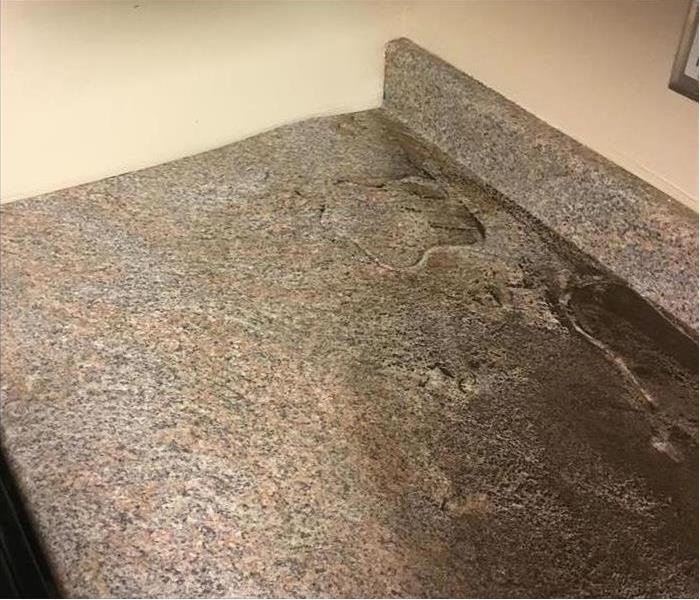Can Odors After Flooding Be Removed?
9/4/2018 (Permalink)
Have you noticed a strong odor coming from your commercial building in Bristol, PA, after it was affected by flooding caused by a storm? Bad smells can be associated with sewage backup and mold growth. Thankfully, a commercial odor removal team can help you get your property back to its former glory. The path to an odor-free building may be different depending on the cause of the smell.
Sewer Smells
Sewage loss can cause your entire building to smell like the sewer. This strong smell can drive away customers and make it hard for your employees to go to work. Removing this type of strong odor may require a vigorous cleaning process that includes the following steps:
- Removing standing water.
- Throwing away items touched by the sewage.
- Ripping out flooring, fixtures and walls.
- Cleaning remaining surfaces.
- Replacing any items that had to be discarded.
Your cleanup crew may also use a deodorizing agent to get rid of the unappetizing smell. However, this deodorizer is only helpful after the source of the smell has been cleaned.
Musty Aromas
Flood water can also cause mold to start to grow in your commercial space. This is especially true for floods caused by rain water and sewage backup. The smell of mold growth can only be removed by getting to the source of the problem. You can try to cover up the aroma, but it will likely keep coming back unless you completely remove the growth. A mold remediation crew can find the fungus colony, remove it and fix the moisture problems that allow it to thrive. Once these steps are completed, your commercial space may start to smell normal again.
No one wants to walk into a commercial building to smell the unmistakable odor of mold growth or sewage backup. Removing these smells from your space requires a serious cleaning, disinfecting and restoring of the property. If you skip any of the necessary steps, the odor may resurface when the problem returns.






 24/7 Emergency Service
24/7 Emergency Service
